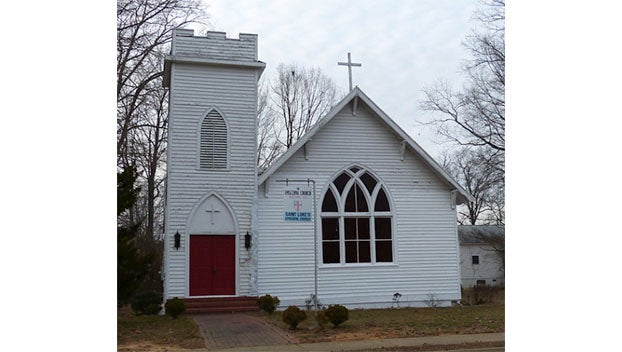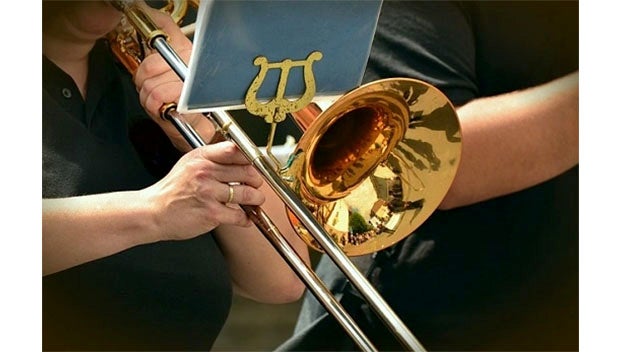‘Lottery for Localities’ initiative stalls
Published 11:31 am Wednesday, February 1, 2017

- Tracy Gee
By Anna Bultrowicz
Special to The K-V Dispatch
“Lottery for Localities” — a legislative initiative to return a portion of Virginia Lottery revenue to counties and towns — was tabled recently by the Rules Committee of the Virginia House of Delegates.
According to the proposed legislation, the initiative would allot a 5 percent refund of local lottery sales to the general revenue fund of towns and counties.
“Any possibility for additional funds for our localities are very important,” said Lunenburg County Administrator Tracy M. Gee.
“I know independent stores receive 5 percent of lottery ticket sales,” said Farmville Town Manager Gerry Spates, “but (lotteries) are untaxed at local levels.”
County supervisors in Lunenburg and Prince Edward, along with the members of the Farmville Town Council, have already given their support to the initiative.
“While county governments derive some benefits because of receipt of public school monies, the towns get nothing from the lottery,” said Crewe Mayor Greg Eanes, who is spearheading the proposal.
According to Eanes, the initiative was tabled en masse along with many other requests for formal reports. The House put forth a request for higher priority Joint Legislative Audit and Review Commission (JLARC) reports, setting “Lottery for Localities” on the backburner. On Monday, Eanes said the commission was at capacity. “As a result, the ‘Lottery for Localities’ feasibility study was tabled along with many others,” he said, noting he spoke to House Speaker William J. Howell’s office on the topic.
“Technically (the bill) is still ‘alive,’” said Eanes. If the Senate approves funding for the bill, it will go to conference and be worked out at the House.
“The greatest obstacle in the run up were doubts expressed by lottery officials to changing the formula for payouts,” said Eanes.
Virginia Lottery spokesman John Hagerty has expressed concerns in the past that a 5 percent drop in the “prize pool” would negatively affect Virginia Lottery sales.
“Based on the experiences of other states,” said Hagerty, “we estimate a 15 percent drop in sales, which would mean 15 percent less in lottery profits for Virginia’s schools.”
In fiscal year 2016, the “we’re game for education” organization generated $588 million to public school education.
“There have been studies that show public spending on education does not increase in states that have ‘lotteries for education’ versus states that either do not have lotteries or states where the lottery money is deposited in the general fund,” said Prince Edward County Administrator Wade Bartlett.
“If lottery funding for education increases, the General Assembly in Virginia almost always reduces the amount of general fund dollars that are provided to education,” said Bartlett.
A joint petition written by representatives of Nottoway County — which includes the towns of Crewe, Blackstone and Burkeville — said the 5 percent refund is expected to be subtracted from the lottery “prize pool.” Thus, the lottery’s allocated funding for education, approximately 29 percent of their sales, would remain untouched by the initiative.
“Small towns do not reap any real rewards from the lottery because towns do not pay for education, unlike cities and counties, therefore they get no rebate,” said Eanes.
In 2015, over $2 million in lottery tickets were sold in Crewe. In retail or meal sales, that amount would have generated $100,000 in residual taxes for the town treasury.
“These residual taxes are significant funding streams for small towns, which face increased demands in public services and have to figure out a way to pay for these services. Many rural towns are populated by retirees and others on a fixed income,” said Eanes.
According to Eanes, the lottery diverts money from retail sales, reducing residual taxes even further.
“As a small-town mayor, I just want a piece of the lottery pie to alleviate the tax burden on my constituents. I want equity,” said Eanes.



